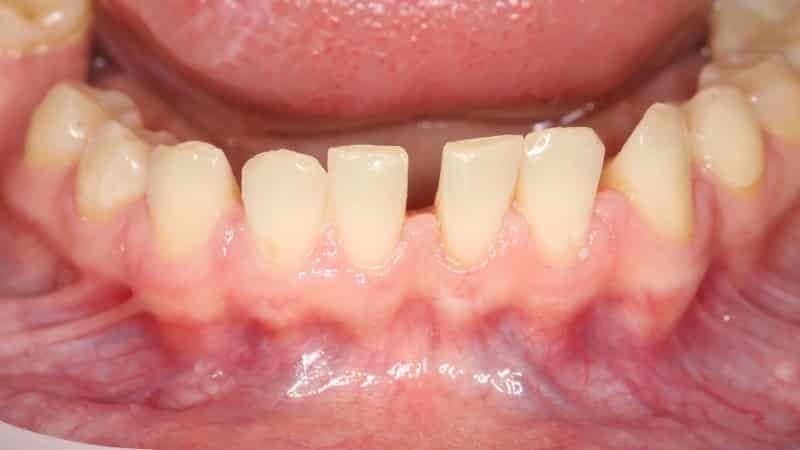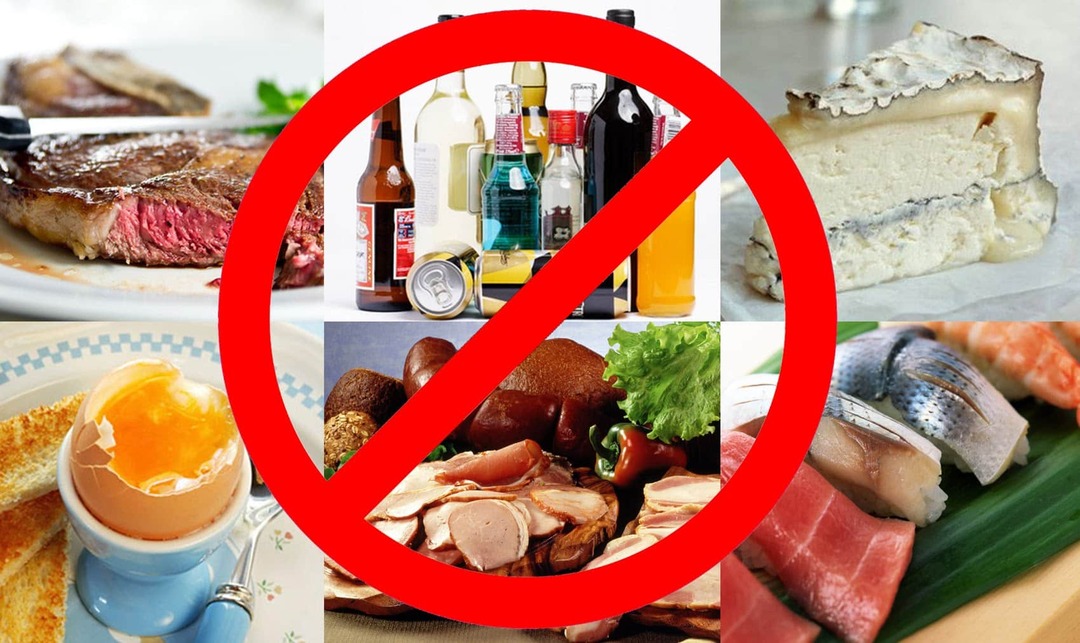How to cure liver cirrhosis
 Cirrhosis of the liver can be serious and life-threatening, especially if you continue to consume alcohol. The good news is that with the right diet, medication and refusal of alcohol, you can significantly slow the rate of progression of liver damage.
Cirrhosis of the liver can be serious and life-threatening, especially if you continue to consume alcohol. The good news is that with the right diet, medication and refusal of alcohol, you can significantly slow the rate of progression of liver damage.
How to treat liver cirrhosis
Nutrition and nutritional supplements
Malnutrition is often a problem for people with cirrhosis. One of the important functions of the liver is to rid the body of toxins. For these reasons, people with cirrhosis eat healthy food, this is an important part during the treatment of liver cirrhosis. You must follow a balanced diet with lots of fruits, vegetables and whole grains.
Dietary restrictions
Protein
High-quality dietary protein can be especially important for you if you have fluid accumulation in the abdominal cavity, swelling of the legs or back. Proteins also help restore muscle mass. But too much protein can increase the level of ammonia and provoke hepatic encephalopathy. In general, your doctor should determine how much protein is right for you. He can recommend eating vegetable protein( such as soybeans), rather than animal protein.
Sodium( salt)
If you have a fluid retention, you may be asked to reduce the amount of salt, since salt helps the body to hold water. Products of high salt content must be processed. Examples of such products are canned meats, soups, vegetables, rusks and sausages. Eat a good amount of fresh foods, because they contain very little sodium. Instead of adding salt to your food, try lemon juice or black pepper to add to taste.
Dietary Supplements
It is very important to talk with your doctor before taking any additional supplements if you have liver disease.
- Antioxidants - there are some preliminary conclusions that antioxidants, like vitamin E and selenium, can help in the treatment of primary biliary cirrhosis, a condition in which the bile ducts of the liver are gradually destroyed. Nevertheless, later studies have shown that there is no benefit from the combination of vitamins A, C, E, selenium, plus, methionine, and coenzyme Q10.Although there is no evidence that taking these drugs will help, you can increase the amount of antioxidants when eating many fresh fruits, vegetables and whole grains.
- Betaine( 20 g per day in two divided doses).Betaine is a nutrient that reduces the level of homocysteine in the body. Preliminary studies have shown that betaine can help in the treatment of non-alcoholic fatty liver disease and liver cirrhosis caused by alcohol.
- Amino acids with branched chain( BCAA) - BCAA, which participate in the synthesis of protein in the body, are encouraging in the treatment of hepatic encephalopathy, a brain disease caused by the accumulation of toxins in the blood. Some studies show that taking BCAA can help people with chronic hepatic encephalopathy, improving liver function and motor abilities. However, not all studies prove any benefit. Ask your doctor before taking BCAA.
Herbs
The use of herbs strengthens the body and helps treat diseases. Herbs, like preparations, contain active substances that can cause side effects and interact with other herbs, supplements or medicines. People with liver diseases should be especially careful, because the liver is involved in all processes. For these reasons, you should take herbs with extreme caution and only under medical supervision.
- The hair is a Chinese herb, has anti-inflammatory properties and is used to treat liver diseases, including the treatment of liver cirrhosis.
- Licorice root - used in eastern and western medicine for the treatment of various diseases, including liver disease. According to some preliminary data of Japanese researchers, it is believed that the adoption of glycyrrhizin( the active component of licorice root), along with cysteine and glycerin, can help reduce the risk of cirrhosis if you have hepatitis C. It is not known what the consequences of licorice use are with cirrhosis. More research is needed. People with high blood pressure or those who take steroids, digoxin, diuretics( diuretics) or anticoagulants( blood thinners, such as warfarin) should not take licorice. Pregnant women should avoid licorice.
- Milk Thistle( 420 mg per day to 70 to 80% silymarin for liver cirrhosis; 240 mg twice daily silybinin for chronic hepatitis) - milk thistle was used since Greco-Roman times for liver treatment. Scientists suggest that the substance in the milk thistle( silymarin) can protect the liver from damage caused by viruses, toxins, alcohol and certain drugs, such as acetaminophen.
- Cordyceps( Cordyceps Sinensis, 3 - 4, 5 g twice daily) - is one of the types of fungi used in traditional Chinese medicine to support the liver. Some preliminary studies show that this can help improve the liver and immune system in people with hepatitis B.
Other factors
Your doctor will use caution when prescribing medicines if you have cirrhosis, as many drugs cause complications with a weakened liver.
Similarly, some herbs and supplements are known to harm the liver or cause complications that affect people with liver disease. Talk with your doctor before taking any herbs or additional supplements if you have liver disease.
- Cava kava is toxic to the liver and can cause severe hepatic insufficiency.
- Vitamin A in high doses can be toxic to the liver.
- Mistletoe
- Germander
- Barbaris
Pregnancy
Pregnant or lactating women should not use milk thistle or licorice.
Forecast and complications of
The complications of cirrhosis include:
- Portal hypertension( increased pressure in large veins supplying blood to the liver)
- Bleeding of varicose dilated esophagus veins( dilated veins in the lower part of the esophagus that have a tendency to bleed due to portal hypertension)
- Hepatic encephalopathy( brain disease caused by accumulation of toxins), which leads to forgetfulness and confusion;Can lead to coma
- Ascites( abdominal fluid retention) and bacterial peritonitis( fluid inflammation)
- Sepsis( potentially life-threatening immune system reaction)
- Liver cancer
- Renal failure
- Osteoporosis
- Insulin resistance



